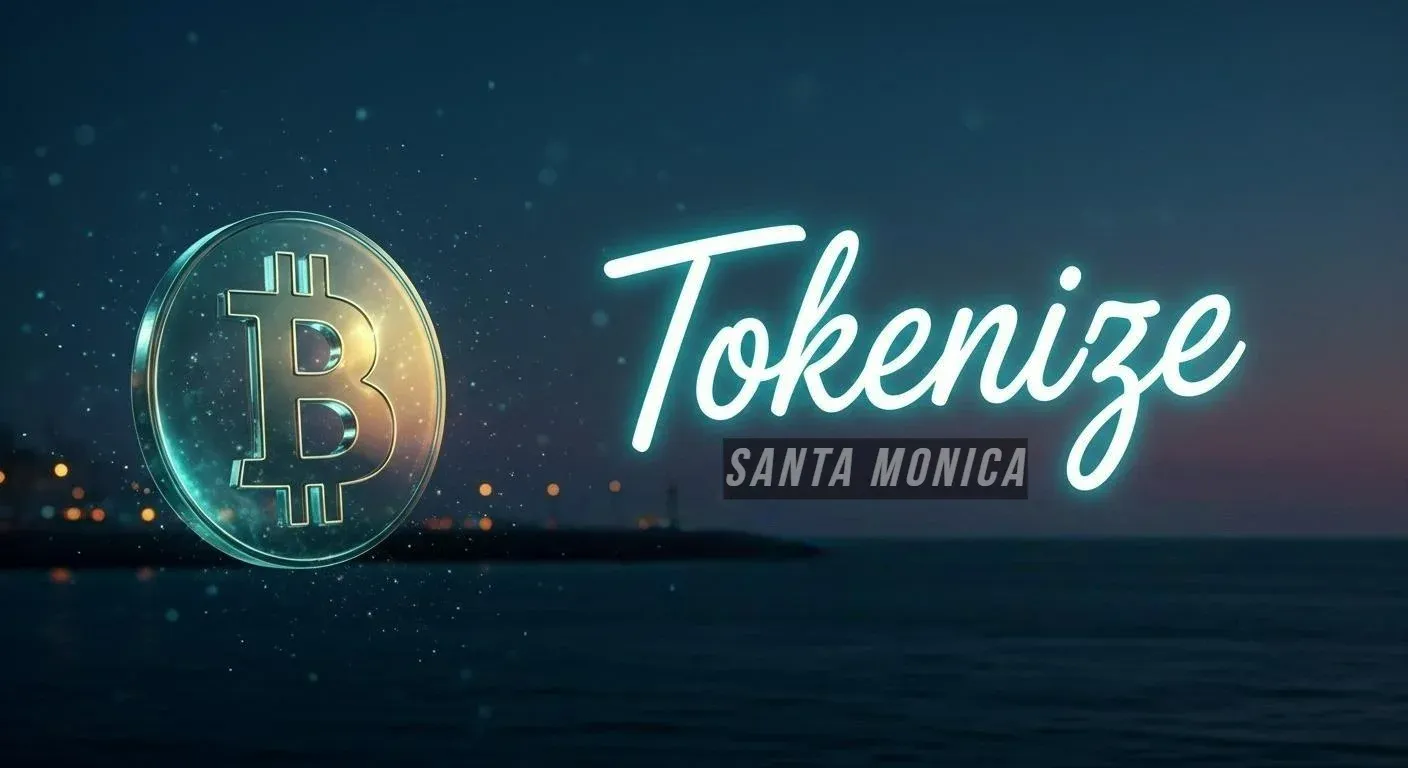Blockchain technology has fundamentally transformed industries by delivering decentralized, secure, and transparent solutions.
As we approach 2025 and 2026, blockchain’s evolution is poised to accelerate, driven by technological advancements, regulatory clarity, and growing adoption across sectors.
This comprehensive article explores the current state of blockchain, emerging trends, transformative future applications, challenges, innovations, expert predictions, and strategies for staying informed in this dynamic landscape.
Current State of Blockchain Technology
Since Bitcoin’s introduction in 2008, blockchain has evolved from a niche technology underpinning cryptocurrencies to a versatile framework enabling applications in finance, supply chain, healthcare, governance, and beyond.
Its decentralized nature ensures trustless systems, while cryptographic security guarantees data integrity.
Overview of Current Blockchain Applications
Blockchain is integral to financial services (e.g., cross-border payments), supply chain transparency, healthcare data management, and digital identity verification. It enables secure, tamper-proof systems that reduce reliance on intermediaries, lower costs, and enhance efficiency.
Example: Major banks like JPMorgan use blockchain for instant cross-border settlements via platforms like Onyx, reducing transaction times from days to seconds.
Popular Platforms and Technologies
- Bitcoin: The original blockchain, serving as a decentralized digital currency and store of value, with increasing institutional adoption.
- Ethereum: The leading platform for smart contracts and decentralized applications (dApps), bolstered by Ethereum 2.0’s shift to proof-of-stake.
- Hyperledger Fabric: A permissioned blockchain for enterprise use, widely adopted in supply chain and finance for its privacy and scalability.
- Solana: A high-performance blockchain supporting thousands of transactions per second, competing with Ethereum for dApp and DeFi dominance.
- Binance Smart Chain: Known for low-cost transactions, it powers a growing ecosystem of DeFi and gaming applications.
- Cardano: Emphasizes sustainability and scalability, leveraging proof-of-stake for energy-efficient operations.
Emerging Trends in Blockchain for 2025 and 2026
The blockchain ecosystem is rapidly evolving, with several transformative trends shaping its trajectory through 2026.
Decentralized Finance (DeFi)
DeFi is redefining financial services by eliminating intermediaries through decentralized protocols for lending, borrowing, trading, and yield farming. By 2026, DeFi is expected to integrate with traditional finance, offering regulated hybrid platforms and tokenized real-world assets (e.g., bonds, equities).
Example: Aave and MakerDAO are expanding to support tokenized securities, enabling seamless integration with legacy financial systems.
Non-Fungible Tokens (NFTs) and Digital Ownership
NFTs have transcended digital art to encompass tokenized real-world assets, virtual real estate, and intellectual property. By 2026, NFTs are projected to dominate metaverse ecosystems, gaming, and digital collectibles, with enhanced interoperability across platforms.
Example: The Sandbox and Decentraland use NFTs to enable ownership of virtual land, avatars, and in-game assets, driving metaverse economies.
Blockchain in Supply Chain Management
Blockchain enhances supply chain transparency, traceability, and sustainability. By 2026, widespread adoption is expected, driven by consumer demand for ethical sourcing, carbon tracking, and anti-counterfeiting measures.
Example: IBM’s Food Trust blockchain tracks produce from farm to table, ensuring food safety and reducing waste through real-time visibility.
Blockchain in Healthcare
Blockchain secures patient data, streamlines medical records, and enables decentralized clinical trials. By 2026, blockchain-based health passports, interoperable electronic health records (EHRs), and secure data marketplaces are expected to become mainstream.
Example: BurstIQ facilitates secure data sharing for personalized medicine, while MedRec uses blockchain for interoperable EHRs.
Central Bank Digital Currencies (CBDCs)
By 2026, CBDCs are anticipated to achieve global adoption, with over 50 countries expected to launch or pilot digital currencies on blockchain networks. These initiatives aim to enhance monetary policy, financial inclusion, and cross-border trade.
Example: China’s digital yuan is scaling globally, leveraging blockchain for secure, transparent, and traceable transactions.
Blockchain in Gaming and Metaverse
Blockchain is transforming gaming by enabling true ownership of in-game assets and decentralized virtual worlds. By 2026, blockchain-based games and metaverse platforms are expected to dominate, driven by play-to-earn (P2E) models and immersive experiences.
Example: Axie Infinity uses blockchain to enable players to own, trade, and monetize in-game assets, fostering player-driven economies.
Artificial Intelligence (AI) and Blockchain Integration
The convergence of AI and blockchain is unlocking new possibilities, such as decentralized AI marketplaces, secure data sharing for machine learning, and automated smart contracts. By 2026, this integration is expected to drive innovation in predictive analytics and decision-making.
Example: SingularityNET combines AI and blockchain to create a decentralized marketplace for AI algorithms and data.
Potential Future Applications of Blockchain in 2025 and 2026
Blockchain’s versatility is expanding into new sectors, driven by technological advancements and increasing trust in decentralized systems.
Blockchain in Voting Systems
Blockchain-based voting systems offer secure, transparent, and verifiable elections, reducing fraud and enhancing voter trust. By 2026, blockchain voting is expected to be adopted in national and local elections across multiple countries.
Example: Estonia’s blockchain-based e-voting system is expanding to include mobile voting and biometric authentication for enhanced accessibility.
Blockchain in Identity Verification
Decentralized identity (DID) solutions enable self-sovereign identity systems, allowing users to control their digital identities without centralized intermediaries. By 2026, DIDs are expected to be widely adopted for secure authentication and privacy protection.
Example: Microsoft’s ION, built on Bitcoin’s blockchain, empowers users to manage their digital identities securely across platforms.
Blockchain in Real Estate
Blockchain streamlines property transactions by reducing intermediaries, ensuring transparent ownership records, and enabling fractional ownership through tokenization. By 2026, tokenized real estate is expected to democratize global property investment.
Example: RealT tokenizes properties on Ethereum, allowing investors to purchase fractional shares of real estate with minimal barriers.
Blockchain in Energy Markets
Blockchain enables peer-to-peer energy trading, decentralized energy grids, and carbon credit marketplaces. By 2026, blockchain is expected to support large-scale renewable energy markets and climate-focused initiatives.
Example: Power Ledger facilitates energy trading, allowing households to sell excess solar energy to neighbors via blockchain.
Blockchain in Education
Blockchain is poised to revolutionize education by securing credentials, enabling decentralized learning platforms, and facilitating lifelong learning records. By 2026, blockchain-based credentials are expected to be widely adopted by universities and employers.
Example: Blockcerts issues verifiable digital diplomas on blockchain, ensuring authenticity and reducing credential fraud.
Blockchain in Intellectual Property (IP) Management
Blockchain can protect intellectual property by providing immutable records of ownership and licensing. By 2026, blockchain-based IP platforms are expected to streamline patent and copyright management.
Example: IPwe uses blockchain to create a global patent registry, simplifying IP transactions and enforcement.
Challenges Facing Blockchain Adoption in 2025 and 2026
Despite its potential, blockchain faces significant hurdles that must be addressed to achieve widespread adoption by 2026.
Scalability Issues
High transaction volumes strain blockchain networks, leading to congestion, slower transaction times, and higher costs.
Example: Ethereum’s gas fees spike during peak usage, though solutions like sharding are expected to improve scalability by 2026.
Regulatory Challenges
The global regulatory landscape remains fragmented, with varying approaches to cryptocurrencies, DeFi, and NFTs creating compliance challenges for businesses and developers.
Example: The EU’s MiCA regulation, fully implemented by 2025, provides a framework for crypto assets, but global harmonization remains incomplete through 2026.
Security Concerns
Vulnerabilities in smart contracts, decentralized applications, and exchanges pose significant risks. Robust auditing and security protocols are essential to mitigate these threats.
Example: DeFi exploits in 2024 resulted in losses exceeding $1 billion, underscoring the need for enhanced security by 2026.
Energy Consumption
Energy-intensive consensus mechanisms, such as proof-of-work, face criticism for their environmental impact. By 2026, sustainable alternatives are critical for mainstream adoption.
Example: Bitcoin’s proof-of-work consumes significant energy, while Ethereum’s shift to proof-of-stake reduces its carbon footprint by over 99%.
Interoperability Barriers
Siloed blockchain networks hinder seamless data and value transfer. By 2026, interoperability is essential to unlock blockchain’s full potential.
Example: Disparate blockchains like Ethereum and Solana require bridges to interact, which can introduce security risks.
User Experience and Adoption
Complex user interfaces and technical barriers deter mainstream adoption. By 2026, user-friendly wallets and applications are critical to onboard non-technical users.
Example: Current crypto wallets require technical knowledge, but simplified interfaces like MetaMask’s mobile app are improving accessibility.
Innovations to Overcome Challenges by 2026
Innovations are addressing blockchain’s challenges, enhancing its scalability, security, and usability.
Layer 2 Solutions
Layer 2 solutions, such as optimistic rollups, zero-knowledge rollups, and state channels, improve transaction throughput and reduce costs while maintaining security.
Example: Arbitrum and zkSync scale Ethereum by processing transactions off-chain, achieving thousands of transactions per second.
Cross-Chain Interoperability
Cross-chain protocols enable seamless interaction between blockchains, fostering collaboration and expanding use cases.
Example: Polkadot and Cosmos facilitate cross-chain communication, enabling DeFi and NFT interoperability across ecosystems by 2026.
Advanced Cryptographic Techniques
Techniques like zero-knowledge proofs (ZKPs), homomorphic encryption, and multi-party computation enhance privacy, security, and scalability.
Example: Zcash and zkSync use ZKPs to enable private transactions and efficient scaling, respectively.
Sustainable Blockchain Solutions
By 2026, proof-of-stake (PoS) and other energy-efficient consensus mechanisms are expected to dominate, reducing blockchain’s environmental impact.
Example: Cardano and Algorand leverage PoS to achieve high throughput with minimal energy consumption.
Improved User Interfaces
User-friendly wallets, dApps, and onboarding processes are being developed to attract mainstream users. By 2026, intuitive interfaces are expected to drive adoption.
Example: Coinbase Wallet and Trust Wallet simplify crypto transactions, making blockchain accessible to non-technical users.
Decentralized Governance Models
Decentralized autonomous organizations (DAOs) are improving blockchain governance, enabling community-driven decision-making. By 2026, DAOs are expected to govern major protocols.
Example: Uniswap’s DAO allows token holders to vote on protocol upgrades, fostering transparency and decentralization.
Expert Predictions for Blockchain in 2025 and 2026
Industry leaders provide valuable insights into blockchain’s trajectory through 2026.
Insights from Industry Leaders
Experts anticipate blockchain will become a foundational infrastructure for the digital economy, with adoption in finance, governance, healthcare, and beyond.
Example: Vitalik Buterin envisions Ethereum powering decentralized autonomous organizations (DAOs) for global governance and economic systems by 2026.
Predictions on Blockchain’s Impact
By 2026, blockchain is expected to reduce costs, enhance transparency, and drive innovation across industries, with significant economic and societal impacts.
Example: McKinsey predicts that blockchain could generate $3 trillion in annual business value by 2026, driven by supply chain and financial applications.
Long-Term Vision
Experts foresee blockchain enabling a decentralized internet (Web3), where users control their data, assets, and interactions without centralized intermediaries.
Example: Andreessen Horowitz predicts that Web3, powered by blockchain, will redefine digital ownership and privacy by 2026.
Importance of Continuous Learning
Blockchain’s rapid evolution requires continuous learning to stay relevant. Engaging with communities, attending events, and pursuing certifications are essential.
Example: Enrolling in Coursera’s Blockchain Specialization or attending Consensus 2025 provides insights into emerging trends and technologies.
Tools for Developers
Developers can leverage tools like Hardhat, Truffle, and Remix for building dApps, while Chainlink’s data oracles enhance smart contract functionality.
Example: Chainlink’s CCIP enables developers to build cross-chain applications, fostering interoperability by 2026.
Conclusion
As we approach 2025 and 2026, blockchain technology is set to redefine industries through enhanced scalability, interoperability, and sustainability. From DeFi and NFTs to voting systems, energy markets, and education, blockchain’s applications are expanding rapidly.
By addressing challenges like scalability, regulation, and energy consumption through innovations such as Layer 2 solutions, cross-chain protocols, and advanced cryptography, blockchain will solidify its role as a cornerstone of the digital economy. To stay ahead, remain curious, engage with the community, and embrace continuous learning to participate in the blockchain revolution.













Discussion